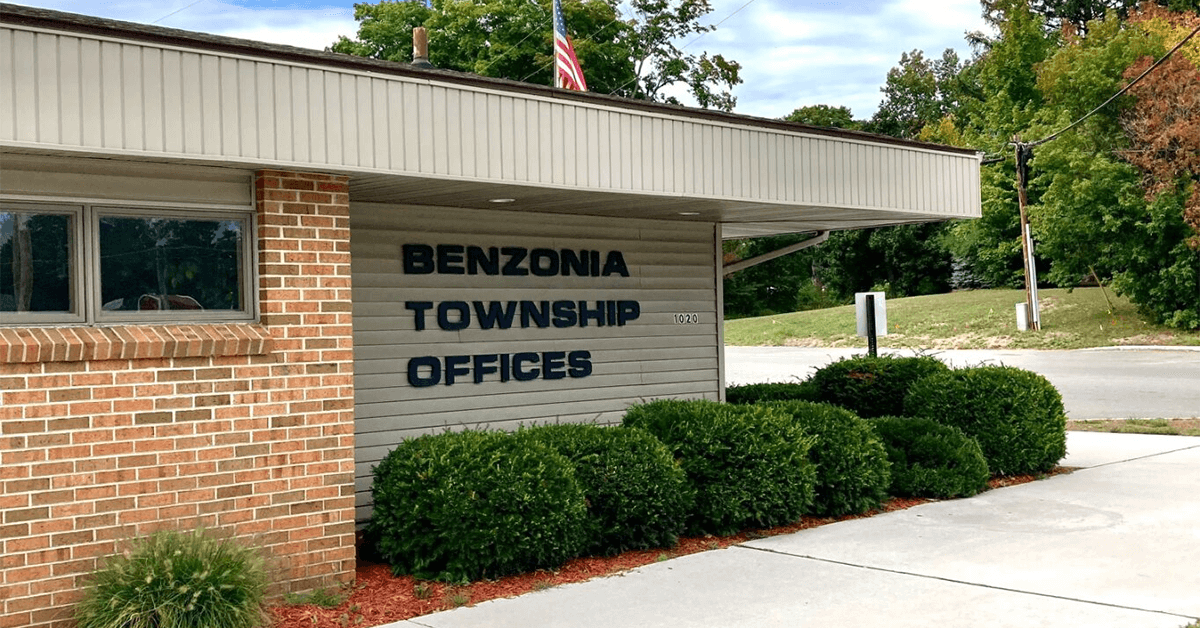Financial Collapse of Cannabash: Over $100K in Unpaid Dues Reported

Cannabash, a once-promising concert series in Michigan, has recently descended into turmoil, leaving a trail of unpaid debts and disappointed stakeholders in its wake. The event, organized by Grams & Jams and managed by CMS Consulting LLC, has issued over a dozen bad checks, ranging from $500 to $50,000. These checks have resulted in more than $100,000 in unpaid dues to artists, stage crew, and various vendors. The total amount owed, including unpaid staff, security, marketing costs, talent buyers, and sponsorship refunds, continues to grow as more claims are reported.
Personal Accounts and Financial Woes
Former staff members have come forward to share their experiences of financial betrayal. One former employee recounted how Daniel & Connie Sparrow (the organization's leadership) had jokingly mentioned the possibility of going bankrupt after the event as early as April, but assured everyone that the show would go on. Many staff members, some of whom had known the organizers for over two decades, initially saw no reason for concern. However, within a month and a half, paychecks stopped arriving. By the time the event occurred, some staff members found their final paychecks being withheld. One individual disclosed that they were owed just under $5,000, while acknowledging that others were owed even larger amounts.
Attempts to contact Grams & Jams or CMS Consulting LLC for comments have been unsuccessful. In a text message to former employees, the organizer suggested removing negative posts on social media in exchange for payment. An email to talent buyers revealed the organizer's frustration, stating, "I was willing to discuss payouts, but after the abusive, threatening, and traumatic behavior, I'm not vested in ensuring anything." No concrete evidence of the alleged threats or abusive behavior has been presented at this time.
In another email to a vendor, the organizer stated, "After consulting with my corporate counsel, there is nothing more required at this time. I will send you the dissolution certificate when I receive it tomorrow. There is no need to contact my attorney. The company is no longer operational."
Legal and Financial Ramifications
While some vendors have received a certificate of dissolution, the only evidence of a formal bankruptcy filing consists of emails and text messages from the owner of CMS Consulting to artists and former staff. One such message read, "I'm filing for bankruptcy and receivership. If you could please back off, I would appreciate it."
Victims are currently reporting their cases to the Muskegon County Sheriff's Department and the Department of Licensing and Regulatory Affairs (LARA). Additional reports are anticipated as more individuals come forward with their experiences and claims.
Community Reaction
The community's reaction to the Cannabash fallout has been one of disappointment, frustration, and anger. One vendor reflected on their financial losses over the years, noting that while the first year was profitable, subsequent years resulted in significant losses due to poor event management and placement. This year, the vendor decided against participating and, upon seeing the current situation, felt validated in their decision.
Another community member highlighted the potential for criminal charges, stating that writing bad checks in Michigan over $500 is a felony. They emphasized that if the allegations prove true, the bankruptcy court may offer little relief for those owed money.
The broader impact on the cannabis event management sector has also been a topic of discussion. Some community members expressed their hesitance to re-enter the formal cannabis industry due to similar negative experiences. There is a call for greater accountability and transparency to prevent such incidents in the future.

Cannabash 2024 Turnout
Broader Implications for the Industry
The Cannabash incident serves as a stark reminder of the importance of financial integrity and ethical management within the cannabis industry. As the community grapples with the fallout, it is clear that there is a need for stricter oversight and better practices to protect all stakeholders involved in cannabis-related events.
The scandal has also prompted a broader conversation about the overall state of the cannabis industry in Michigan. Many believe that the industry is plagued by unscrupulous actors who take advantage of the community's passion and commitment. There is a growing demand for more rigorous vetting processes and legal protections to ensure that such financial disasters do not recur.
Looking Forward
Moving forward, the Cannabash fallout highlights the critical need for event organizers to maintain transparent and honest financial practices. It also underscores the necessity for regulatory bodies to enforce stricter compliance measures to protect vendors, artists, and employees from financial harm.
The community's response suggests a collective desire to rebuild trust and establish a more secure and reliable industry framework. As legal proceedings unfold and more information comes to light, stakeholders hope that this incident will serve as a catalyst for positive change within the cannabis event management sector.
Share this article:
Spotted a typo, grammatical error, or a factual inaccuracy? Let us know - we're committed to correcting errors swiftly and accurately!








 Helpful Links
Helpful Links